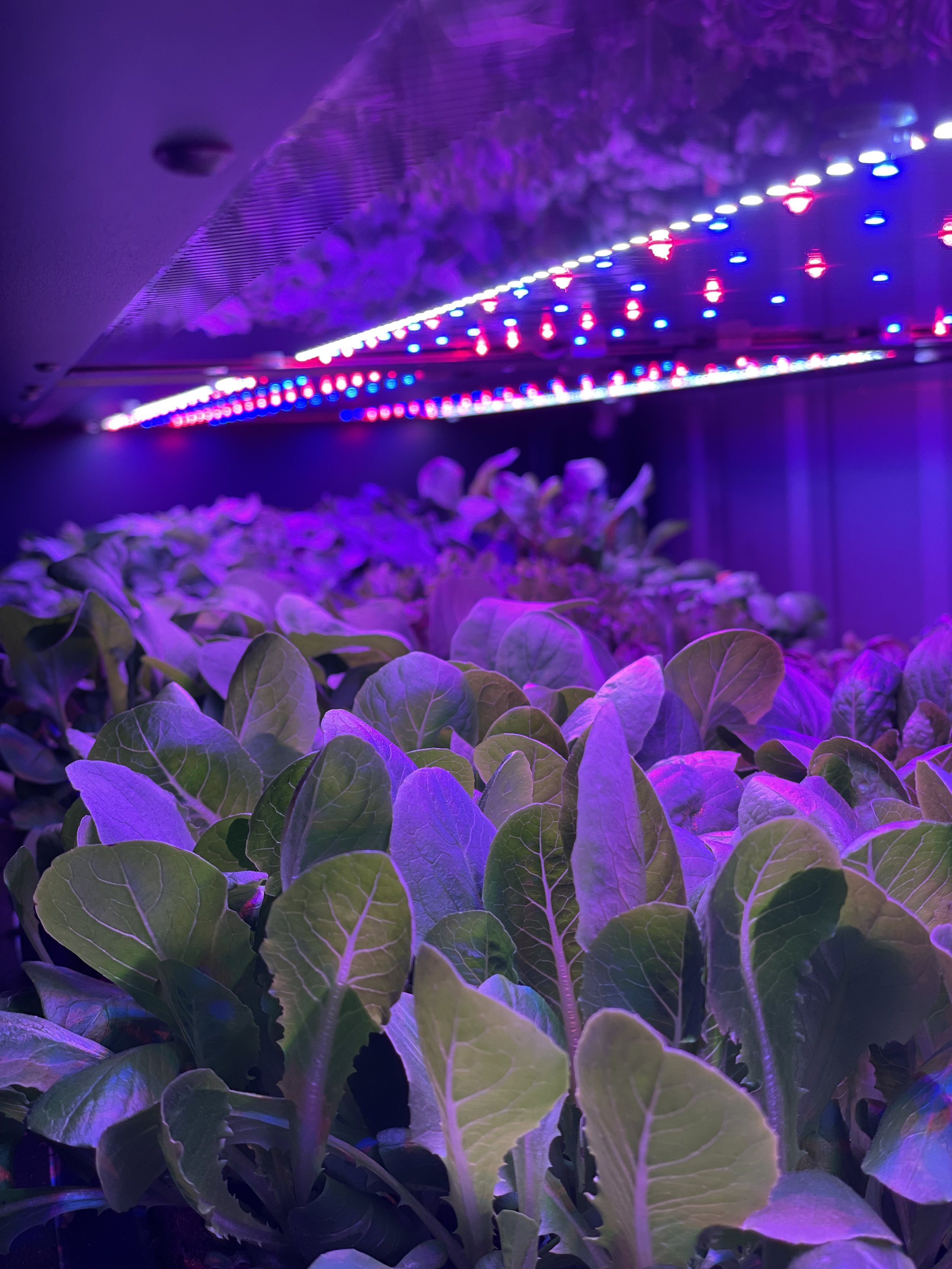
News About Farming in Shipping Containers & Limited Indoor Spaces
VIDEO: What Began With 3 Shipping Containers Has Evolved Into a 20-Container Operation, Equivalent to a 70-Acre Traditional Farm
Shannon O'Malley discovered hydroponics when she relocated from Pennsylvania to Florida, where traditional gardening methods failed her. Frustrated by the harsh climate, she transformed her garage into a hydroponic garden that yielded an abundance of produce, so much that she began sharing with her community. This simple start would grow into Brick Street Farms, a hydroponic farm that generated $2.5 million in revenue in 2024.
What began with 3 shipping containers has evolved into a 20-container operation, equivalent to a 70-acre traditional farm. Brick Street Farms specializes in general hydroponics, growing leafy greens and microgreens, supplying both local consumers and restaurants while maintaining wholesale partnerships with stores. Their controlled environment ensures chemical-free, pest-free produce that meets the highest quality standards.
VIDEO: From Container To Crop: A Vertical Farming Journey
With 20 containers housing between 3,000 to 4,000 plant sites each, our farm stands as a testament to the potential of sustainable agriculture in urban landscapes.
Brick Street Farms is on TV
Jimmy heads to the Tampa, Clearwater, and of course, St.Pete, where he stopped by our hydroponic farm and chatted with Briant and Brad and got up close and personal with the future of farming
Brick Street Farms: Bringing Farm To Fork In Urban Communities
Today, 20 farm containers are at their hub on 20th Street S; another, at Publix in Lakeland. This equals what 65-70 acres of farmland could produce per month. A retail store at the St. Pete location offers local meat, eggs and milk in addition to the lettuce, herbs, and microgreens Brick Street grows
FLORIDA: Made In Tampa Bay: Brick Street Farms
Shannon O’Malley’s sustainable urban farm in Downtown St. Pete uses less water and land to produce lettuce, arugula, and other greens for Tampa Bay’s booming restaurant scene—and for your kitchen table






